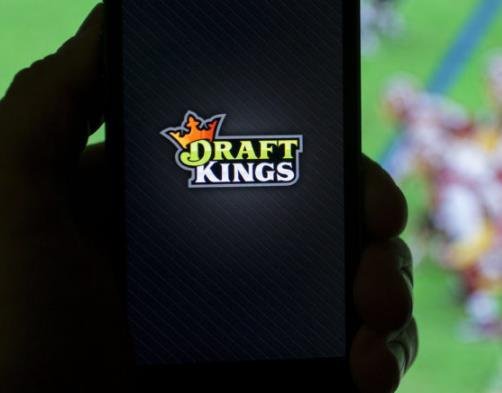A new legislative proposal in Brazil is making waves as it seeks to impose severe penalties on those who advertise illegal gambling. The bill, introduced by Federal Deputy Kim Kataguiri, aims to crack down on unlicensed betting promotions, with offenders facing up to eight years in prison under certain conditions.
Bill Seeks to Criminalize Illegal Gambling Ads
Brazil’s Congress is now reviewing Bill PL 706-2025, which aims to update the country’s 1940 Penal Code by classifying the advertisement of illegal betting platforms as a criminal offense. If passed, violators could receive sentences ranging from one to four years, in addition to hefty fines.
But the punishment doesn’t stop there. The bill proposes doubling the sentence—bringing it up to eight years—if the advertisements target certain vulnerable groups, including minors and financially unstable individuals.

Who Faces the Harshest Punishments?
Not everyone who promotes illegal gambling will face the same level of punishment. The bill specifically outlines scenarios where sentences could be significantly increased:
- Ads targeting children and teenagers.
- Marketing aimed at financially vulnerable individuals.
- Digital influencers or celebrities promoting unlicensed betting.
- Individuals profiting from commissions related to illegal gambling.
Deputy Kataguiri emphasized that illegal gambling promotions are fueling money laundering schemes and exposing consumers to financial harm. His proposed law, he argues, is a necessary step to protect society from predatory advertising tactics.
Gambling Ads Already Under Strict Scrutiny
The debate over gambling advertisements has been heating up in Brazil ever since the country launched its regulated betting market on January 1. Authorities have been aggressively cracking down on unauthorized gambling ads, especially those aimed at minors.
In December 2024, the Secretariat of Prizes and Bets (SPA) issued fresh regulations restricting gambling advertisements. These measures included:
- A ban on ads targeting children.
- A prohibition on marketing campaigns featuring elements that might appeal to minors.
- Increased oversight on influencers and celebrities who endorse gambling platforms.
The SPA’s regulations came in response to high-profile cases of social media influencers promoting unauthorized betting games. One infamous example was the promotion of the Asian-themed slot game Fortune Tiger, which led to significant financial losses for many players.
Lawmakers Weigh the Impact on Free Speech
While the bill has received support from gambling regulation advocates, critics argue it could infringe on free speech rights. Some legal experts warn that the proposed penalties are excessive, especially when compared to other advertising-related offenses.
Brazil’s legal framework already restricts certain types of advertising, such as those related to tobacco and alcohol. But an eight-year prison sentence for gambling promotions would be one of the most severe penalties for advertising violations in the country’s history.
As the bill moves through Congress, debates over personal responsibility, corporate accountability, and government oversight are expected to intensify. Will Brazil push forward with some of the toughest gambling ad laws in the world? Or will opposition force lawmakers to scale back the penalties?








